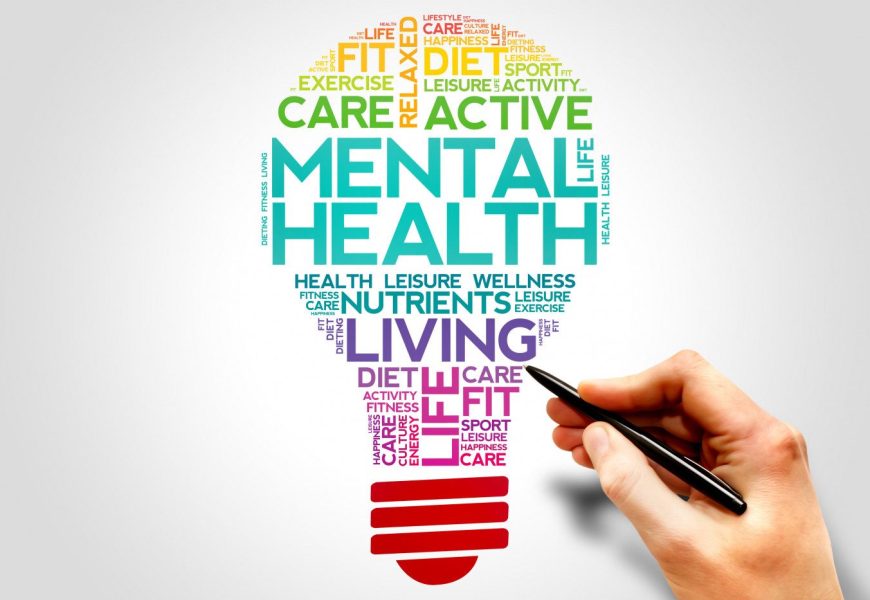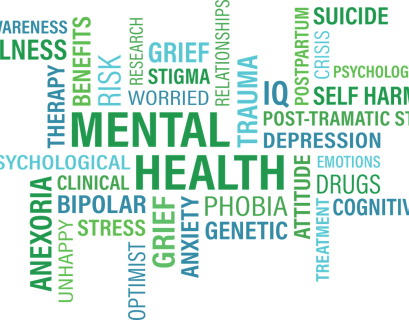In today’s fast-paced world, mental health has become a critical area of focus, not only for individuals but also within organizations, schools, and healthcare settings. As awareness about mental well-being increases, Mental health training has gained popularity, offering individuals the knowledge, skills, and insights needed to understand, manage, and support mental health issues effectively.
If you’re considering enrolling in a mental health course, this guide will walk you through what to expect and how it can benefit you. Whether you’re a professional looking to upskill or someone passionate about mental health, the right course can open doors to numerous opportunities.
Why Choose Mental Health Courses?
Mental health is a cornerstone of overall well-being, and education plays a pivotal role in breaking down stigmas associated with mental illness. Choosing to study mental health courses can provide you with:
- Knowledge and Understanding: You will gain an in-depth understanding of various mental health conditions such as depression, anxiety, schizophrenia, bipolar disorder, and more.
- Practical Skills: Courses often equip you with practical tools, such as how to communicate effectively with individuals experiencing mental health issues, and strategies for offering support.
- Career Opportunities: If you’re looking to pursue a career in social work, psychology, counseling, or nursing, a mental health qualification can be a stepping stone to higher education or advanced roles.
- Self-Awareness: A mental health course can also help you better understand your own mental well-being, giving you the tools to maintain a healthier mindset.
Types of Mental Health Courses Available
There are various types of mental health courses, ranging from introductory lessons to more advanced, specialized programs. The course you choose will depend on your career goals, interests, and the level of expertise you’re aiming for.
1. Certificate and Diploma Courses
For those just starting in the field, certificate and diploma courses offer foundational knowledge. These typically cover:
- Basic Principles of Mental Health: Understanding what mental health is, how it can be affected, and its impact on individuals and society.
- Common Mental Health Disorders: Exploration of conditions like anxiety, depression, eating disorders, and personality disorders.
- Mental Health First Aid: Learn how to identify mental health issues early and provide initial support before professional help is available.
These courses are generally short-term, often lasting a few weeks or months, and are suitable for individuals looking to pursue a career in caregiving, social work, or health education.
2. Degree Programs
If you’re looking to work as a psychologist, counselor, or psychiatrist, degree programs in mental health may be the right choice. These typically span three to four years and offer in-depth knowledge about human behavior, mental health treatments, and therapeutic approaches. A degree program could include:
- Psychological Theories and Concepts: Learn about cognitive behavioral therapy (CBT), psychodynamic therapy, and other modalities.
- Research Methods: A focus on evidence-based practices, clinical research, and how mental health interventions are evaluated.
- Field Placements and Internships: Gain hands-on experience working with individuals in a clinical or community setting.
3. Online Mental Health Courses
With the rise of online education, numerous platforms offer flexible mental health courses. These online programs provide the same high-quality education as traditional classroom-based courses but allow students to learn at their own pace. You can study mental health courses online at your convenience, making it a great option for working professionals or those with busy schedules.
- Interactive Content: Online courses often use video lectures, quizzes, discussion forums, and case studies to engage students.
- Global Learning: With online learning, you can access courses from renowned institutions worldwide and interact with a diverse community of learners.
What You Will Learn in a Mental Health Course
Understanding Mental Health Disorders
One of the most critical aspects of mental health courses is the deep dive into various mental health disorders. You will explore the symptoms, causes, and treatments for conditions such as:
- Depression: Learn about the different types of depression (e.g., major depressive disorder, bipolar depression) and how they affect individuals’ lives.
- Anxiety Disorders: Understand the complexities of anxiety, including generalized anxiety disorder, panic disorder, and phobias.
- Psychotic Disorders: Study conditions like schizophrenia, and how symptoms such as delusions and hallucinations impact individuals.
- Personality Disorders: Understand conditions like borderline personality disorder and narcissistic personality disorder.
Cultural and Social Aspects of Mental Health
Mental health doesn’t exist in a vacuum. Factors such as cultural background, social status, and personal history can significantly impact a person’s mental health. Many mental health courses include modules that address:
- Cultural Sensitivity: The importance of understanding how cultural differences can influence mental health perceptions and treatment.
- Social Determinants of Mental Health: How social issues such as poverty, education, and family dynamics affect mental well-being.
Mental Health Treatment and Intervention Strategies
Another essential element of these courses is learning about the different treatment methods and how they’re applied to specific disorders. Common interventions include:
- Cognitive Behavioral Therapy (CBT): A widely used treatment for anxiety and depression.
- Medication Management: How medications such as antidepressants and antipsychotics are used to treat mental health conditions.
- Therapeutic Approaches: In addition to CBT, you may learn about psychodynamic therapy, family therapy, and person-centered therapy.
Legal and Ethical Considerations
In the realm of mental health, professionals must be aware of legal and ethical considerations. Courses will often address topics such as:
- Confidentiality and Privacy: Understanding patient confidentiality and the legal implications of breaching trust.
- Professional Ethics: Learning the ethical responsibilities of those working in the mental health field.
Benefits of Taking a Mental Health Course
Improved Communication Skills
In mental health courses, you’ll gain valuable skills that enhance your ability to communicate with individuals facing mental health challenges. Whether it’s active listening, showing empathy, or asking the right questions, these skills are invaluable in both personal and professional settings.
Better Career Prospects
If you’re interested in a career in healthcare or counseling, a mental health course can help you stand out. Professionals with a strong understanding of mental health are in high demand, particularly in fields like social work, healthcare, education, and human resources.
Personal Growth
Mental health education encourages introspection, leading to personal growth. Through the study of mental health, you’ll better understand how to manage stress, develop resilience, and support others in need.
Conclusion
Enrolling in mental health courses is a rewarding decision that can expand your knowledge, improve your career prospects, and contribute positively to your personal development. Whether you’re looking to enhance your understanding of mental health, become a professional in the field, or just want to support others, these courses can provide the expertise needed to make a meaningful impact.
If you’re based in the United Kingdom, there are a range of accredited institutions offering courses to suit various interests and expertise levels. To find the perfect course for your needs, do thorough research and choose a program that aligns with your goals.
For more information, check out the courses offered by Emcare—helping you on your path to mastering mental health.
For more information about technology visit Anderson tomorrow.










